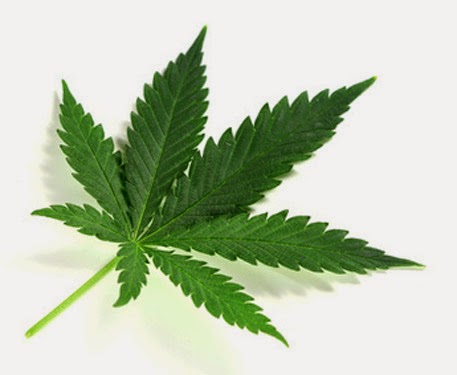Julie Fidler
Natural Society
Medical marijuana is a touchy subject and many people are still on the fence about whether it’s a legitimate medicine and should be legalized. If you’re one of those people who remain unconvinced, perhaps this new study will change your mind.

In a survey of 450 adults who identified as current cannabis users, 78% said they used cannabis to treat a medical or health condition. Nearly half of those users – 42% – said they were able to give up pharmaceutical drugs because cannabis did the trick.
Another 38% of current cannabis users reported they were able to cut back on their use of pharmaceuticals because of cannabis.
Natural Society
Medical marijuana is a touchy subject and many people are still on the fence about whether it’s a legitimate medicine and should be legalized. If you’re one of those people who remain unconvinced, perhaps this new study will change your mind.
In a survey of 450 adults who identified as current cannabis users, 78% said they used cannabis to treat a medical or health condition. Nearly half of those users – 42% – said they were able to give up pharmaceutical drugs because cannabis did the trick.
Another 38% of current cannabis users reported they were able to cut back on their use of pharmaceuticals because of cannabis.

